Can Travel Agents Really Work While Traveling? The Truth About Remote Business Management
Picture this: you’re soaked in luxury on a beautiful beach, but your phone keeps buzzing with client requests. This scenario plays out daily for travel agents worldwide who face a unique challenge—running their businesses while experiencing the destinations they sell.
The reality is that travel bookings don’t pause when advisors are away. Client inquiries continue flowing, emergencies arise, and business operations demand attention regardless of location. So how do successful travel agents in my area and beyond manage this balancing act?
The Power of Teamwork: Why Travel Agents Need Strong Support Systems
Building Your Business Dream Team
The most successful mobile travel agents understand that solo operations simply don’t work in today’s fast-paced travel industry. Kim Cook from Love to Travel emphasizes that her agency operates as a cohesive unit where team work makes the dream work.
“When I’m away, our travel concierge and other booking agents step in seamlessly,” Cook explains. This collaborative approach ensures that luxury travel concierge services continue without interruption, maintaining the high-touch experience clients expect.
What does effective teamwork look like in practice?
Clear role definitions ensure everyone knows their responsibilities. Some team members focus on new inquiries, others handle existing bookings, while concierge staff catch urgent matters. This prevents the dreaded pile up during vacation scenario that can overwhelm returning advisors.
Shared systems and communication tools keep everyone informed. Using integrated email systems and customer relationship management (CRM) platforms ensures nothing falls through the cracks.
Finding the Right Travel Agent Near Me Partnership
Independent contractors often create reciprocal partnerships with colleagues. Claire Schoeder from Elevations Travel established this system early in her career, recognizing that urgent situations require immediate attention—not delayed email responses.
This partnership model works particularly well for advisors who specialize in different areas. While one might excel at celebrity cruises bookings, another might focus on luxury travel concierge services or select international tours.
Technology Solutions: How Mobile Travel Agents Stay Connected
Essential Tech Tools for Remote Business Management
Modern travel agents rely heavily on technology to maintain seamless operations while traveling. Here are the game-changing tools that successful advisors swear by:
Remote Access Solutions: Splashtop and similar remote access platforms allow advisors to connect to their office computers from anywhere. This means access to all booking systems, client files, and specialized travel software regardless of location.
Secure Communication: Privacy and security remain paramount when handling client information. Many advisors use encrypted messaging services and VPN connections to protect sensitive data while traveling.
Virtual Phone Systems: GoTo and similar platforms revolutionize communication by allowing advisors to make and receive calls through smartphone apps. This eliminates the need for physical office presence while maintaining professional phone service.
Cloud-Based Management: Digital filing systems ensure that urgent issues can be documented and addressed promptly. Creating virtual files for problems that arise during travel helps maintain organization and follow-up efficiency.
Tablet Hotels and Mobile Booking Platforms
The rise of mobile booking technology has transformed how advisors work remotely. Tablet hotels and similar platforms enable real-time inventory access and booking capabilities from any device. This flexibility allows advisors to handle last-minute changes and new requests without being tied to a desk.
Strategic Planning: What to Do Before You Leave
Pre-Travel Business Assessment
Successful advisors conduct thorough pre-trip assessments to determine what requires their specific attention versus what their support team can handle. This intentional planning approach builds long-term business efficiency while reducing travel-time stress.
Client Travel Schedules: Review which clients are currently traveling or have upcoming departures. Brief your team on potential needs and provide emergency contact protocols.
Pending Bookings: Identify time-sensitive matters that might require attention during your absence. Create detailed handoff notes for complex itineraries or special requests.
System Access: Ensure all team members have appropriate access to booking platforms, client databases, and communication tools.
Setting Client Expectations
Many experienced advisors have learned that announcing travel plans can trigger unnecessary client anxiety. Instead of broadcasting availability changes, successful agents set clear response time expectations that maintain professionalism while managing workload.
Sarah Kline from Time For Travel notes that clients often create “fruitless inquiries” when they know their advisor is traveling. Setting professional boundaries and clear communication protocols helps manage this tendency.
Emergency Management: Handling Celebrity Solstice Situations and Other Crises
When Things Go Wrong
Travel emergencies don’t follow business hours or respect vacation schedules. Whether it’s a celebrity solstice cruise issue, weather-related flight cancellations, or medical emergencies, advisors need robust emergency protocols.
24/7 Communication Access: Keep all devices charged and accessible. Many advisors maintain multiple charging solutions and backup communication methods.
Emergency Contact Lists: Ensure your team has comprehensive supplier contact information, client emergency numbers, and escalation procedures.
Decision-Making Authority: Clearly define what decisions team members can make independently versus what requires advisor approval.
Technology Integration: Splashtop and Other Essential Platforms
Remote Access Solutions
Splashtop remote desktop software has become increasingly popular among travel professionals for its reliability and security features. This technology enables advisors to access their office computers from anywhere with internet connectivity.
Other advisors prefer cloud-based solutions that eliminate the need for remote desktop access entirely. The key is finding technology that matches your workflow and security requirements.
Clear Traveling Communication Strategies
Maintaining clear communication while traveling requires deliberate strategy. Successful advisors establish multiple communication channels and backup systems to ensure client needs are always met.
Regular check-ins with your team help identify potential issues before they escalate. Even brief daily calls can prevent minor concerns from becoming major problems.
Business Growth Through Strategic Travel
Learning While Earning
Smart travel agents view their personal travel as business development opportunities. Experiencing destinations firsthand provides invaluable insights that enhance client consultations and recommendations.
Staying at properties you recommend, trying restaurants you suggest, and participating in activities you sell gives you authentic expertise that clients value. This firsthand knowledge often translates into more confident recommendations and higher client satisfaction.
Family Travel Concierge Services and Niche Development
Many advisors discover new specialties through their travels. Experiencing family-friendly resorts might inspire you to develop family travel concierge services. Luxury experiences could lead to high-end clientele development.
The key is documenting your experiences professionally while maintaining the enjoyment that makes travel rewarding. Take notes, photos, and gather information that will benefit future clients.
Building Sustainable Business Practices
Luxury Travel Concierge Service Standards
Whether you’re providing luxury travel concierge services or handling budget-conscious family trips, maintaining service standards while traveling requires careful planning and excellent systems.
Clients expect consistent service quality regardless of their advisor’s location. This means having backup plans, reliable technology, and well-trained team members who can step in when needed.
Long-Term Business Success
The travel industry’s evolution toward mobile operations and remote work capabilities has created new opportunities for advisors willing to embrace change. Those who master remote business management often find increased flexibility and improved work-life balance.
Remember that effective remote management isn’t just about technology—it’s about people, processes, and planning working together harmoniously.
The ability to manage a travel business from anywhere represents more than convenience; it demonstrates professionalism and adaptability that clients value. As the industry continues evolving, advisors who master these skills position themselves for long-term success.
The Inspiring Insight gained from studying successful remote business management reveals that the best travel advisors combine strategic planning, reliable technology, and strong team relationships to create seamless client experiences regardless of their physical location.




